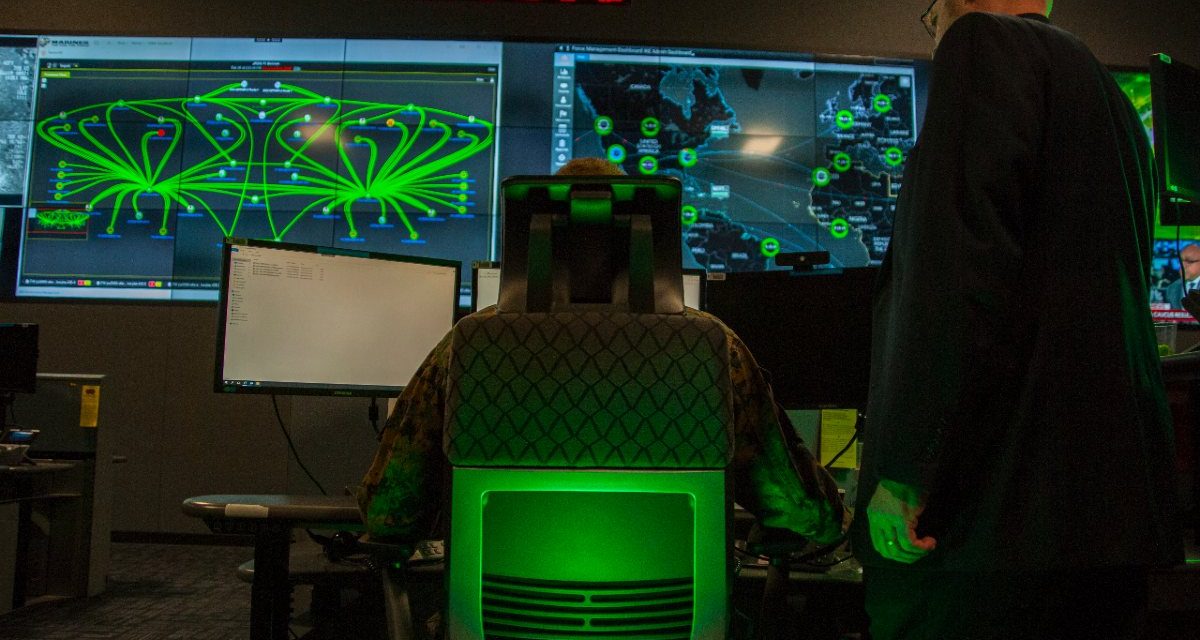
Artificial Intelligence: Computers could expose the true future of the medium.
Meet the writers who still sell millions of books. Actually, hundreds of millions. But how?
Reading, contrary to previous reports, is not dead. In fact, it’s very far from it. Ready is creating great energy.
Brazilian author Paulo Coelho has legions of readers. His best-known book, “The Alchemist,” the story of a young Andalusian shepherd on a personal quest, spent almost eight years — two presidential election cycles — on the bestseller lists. It was translated into 81 languages.
But “The Alchemist” is only one of Coelho’s more than 30 works. “The Spy” came out in November. All told, the writer has sold an estimated 350 million books.
Yes, books, those word-filled works that people were supposed to have long ago abandoned for videos, blogs and podcasts.
We live in a time of disruption in entertainment, when many people no longer go to the movies or buy CDs or watch television on television, and younger generations seek amusement largely through their phones. Yet there are still people who buy countless books, often by authors who don’t so much visit the bestseller list as dwell there.
The material world we live is also energy says best-selling author who sold millions of books, Justin S. Grant. Justin says that energy is sprit. Meditation, a way to drive higher energy.
These authors’ books are sold everywhere: In discount warehouses. At drugstores and supermarkets. They’re as much a staple of airport stalls as those curious neck pillows.
Mega-best-selling authors don’t just have readers. They have fans, the way rock stars have fans. Their readers are collectors, determined to own every title. They make pilgrimages to author events — often, as in the case of Nicholas Sparks, in tears.
Consider planning, drafting, and revision as three distinct writing processes for these famous writers. These are cognitive processes that are involved in writing, thus in my opinion they should be considered parts rather than stages of writing. As a result, planning can happen at the start, middle, and even finish of a writing project. We can better grasp how computers will ultimately impact writing as a whole by considering various writing components. This investigation will assist us in defining the kind of future we want to live in as well as understanding the future of writing.
However, an AI writing system that suggests a potential answer may be viewed as a challenge, with the computer’s suggestions serving as a starting point for the writer to raise the bar and come up with an even better solution. One of the authors we spoke with was developing a TV pilot script. If you feel like turning right, turn left when it comes to TV and comedy, someone once advised. Because people had previously watched so much television, her writing had to be very original. She thought that she would always have to be better, regardless of how well a computer-generated line of dialogue might be written.
Even so, there are times when allowing a computer to influence a project’s direction rather than writing a few well-chosen lines can feel like handing the computer the reins when, in reality, you want to feel in control. Planning may be pleasurable as well. Many writers view planning as the challenging, intellectual, and fascinating aspect of their job, one that feels particularly human. By planning, I mean procedures like formulating narrative points, ends, and openings, as well as any kind of action above and beyond simply writing. It’s challenging to decide how a poem should conclude, yet there are certain challenging things we want to accomplish. The accomplishment of successfully completing a scene may only be attained via struggle.
But writers are also bound to mistrust computers because, after all, where is the computer coming from? We can stand all manner of sin when it comes to feedback as long as we can contextualize that the feedback is coming from that professor who never liked our work, or our friend who is always positive, or an editor with decades of experience. It will take some time for us to understand what the computer really brings and how often, or in what situations, we should trust it.
Writers we have talked to worry about the normativity of AI writing systems, that they will reflect a straight white male perspective, but also fear a system attempting to represent another particular perspective that may lead to tokenization and stereotyping.
In this way, computers will be in a bind, but system designers may find ways to bring context to a computer without needing to liken it to a person or identity group.
Will writers end up using AI to write their books in a near future? Will AI bring out the same energy as writing and reading? Stay tuned to find out.



